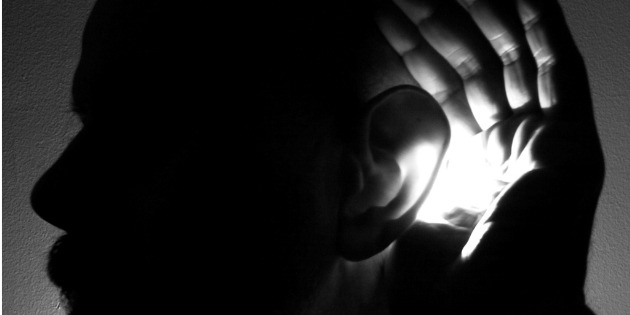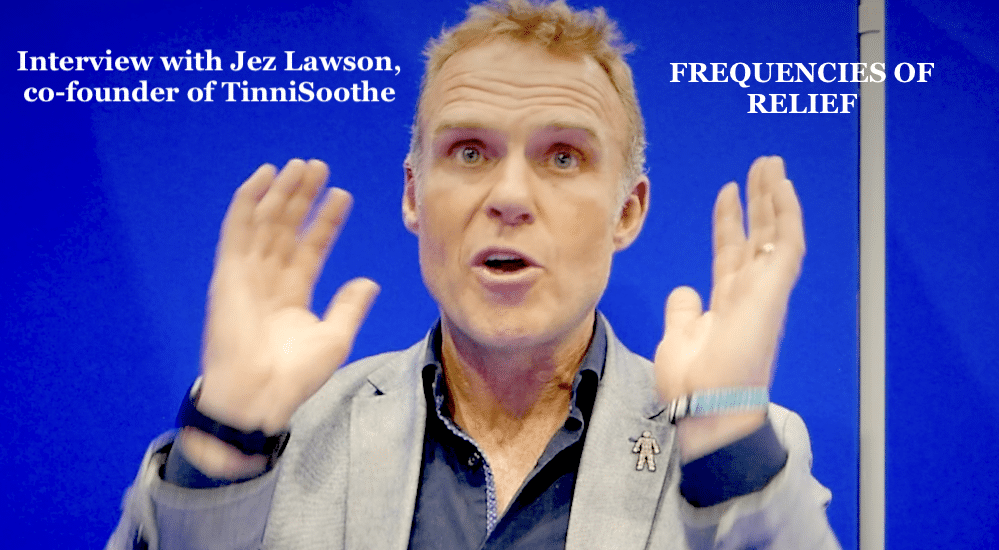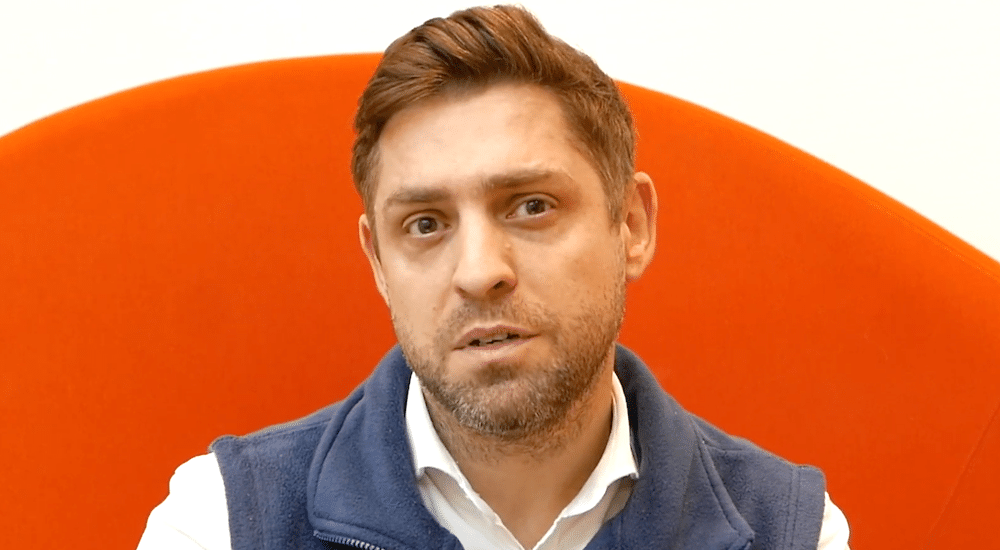The blind bit of difference in the sharper hearing of the visually-impaired
Brain
The greater hearing acuity of blind people is a mystery that science is closer to understanding thanks to two newly published studies led by the University of Washington (UW).

For the first time, a study has shown that blindness affects plasticity in the auditory cortex, the part of the brain that processes our hearing information. This was the key outcome of one of these recent studies (published in the Journal of Neuroscience) , in which the accuracy of neuron populations in representing sound was carefully measured using functional magnetic resonance imaging. It revealed the sensitivity of parts of the brain to subtle frequency differences. Blind subjects showed narrower neural "tuning" of information than sighted subjects.
“This is the first study to show that blindness results in plasticity in the auditory cortex. This is important because this is an area of the brain that receives very similar auditory information in blind and sighted individuals,” the senior author of the study, UW professor of psychology, Ione Fine, told the UW News organ. “But in blind individuals, more information needs to be extracted from sound — and this region seems to develop enhanced capacities as a result," she added.
A separate study, also led by Fine and involving a team from the University of Oxford (published in the Proceedings of the National Academy of Sciences), focused on how "early blind" persons represent the movement of objects in space. It established that an area of the brain called the hMT+ —responsible in sighted individuals for tracking moving visual objects — shows neural responses that reflect both the motion and the frequency of auditory signals in blind individuals. In blind people it is likely that this hMT+ has an analogous role, i.e. tracking moving auditory objects, such as approaching vehicles or nearby footsteps. As in the first study, the auditory cortex of blind subjects more accurately represented the frequency of each sound than that of sighted subjects.
Blind individuals represent frequencies better, the study shows. Dr. Fine points out that these outcomes extend current knowledge of brain development, better explaining how it is that the blind have a better-nuanced management of sound, especially in music and in tracking objects moving in space.
Source: Science X
 Sign in
Sign in

